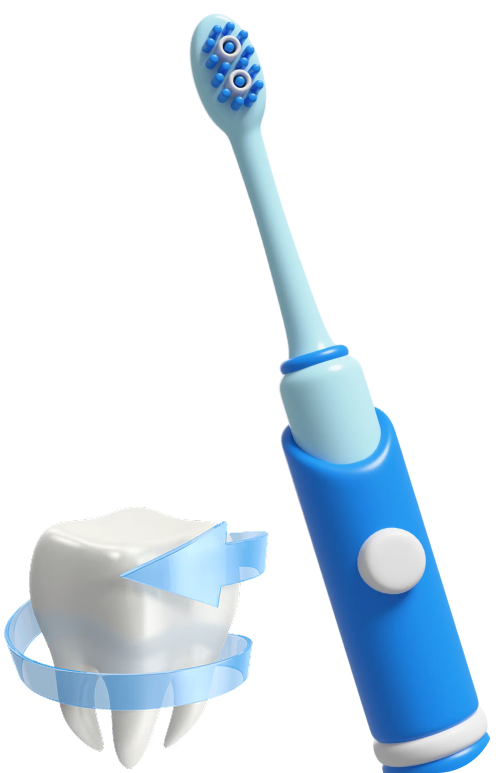Dental implants are a great long-term solution for tooth replacement. How long will they last? That answer particularly depends on the patient’s lifestyle and overall care for their dental implants. Oral hygiene and proper care can extend the longevity of your implants, especially with today’s new technology and advanced procedures. Overall, your dental implant can last a lifetime if taken care of and if there are no factors such as pre-existing conditions or diseases that could cause an implant to be rejected.
Details of Dental Implants
Dental implants are great because not only is it a long-term option, but it also can be done successfully without having to adjust any other teeth. Also, they don’t apply stress to the surrounding teeth and they give plenty of support just as a natural tooth would for biting and chewing. Ultimately, you need to continue with proper care by brushing, flossing and scheduling regular dentist check-ups at least every six months. These are important as they not only maintain your dental hygiene, but can also ensure there is no plaque buildup, gum disease, cavities, or any problem with your dental implant.
Another factor that plays into the longevity of the implant is the location it is in the mouth. Those further in the back of the mouth, such as molars, take on more stress daily due to chewing. These may need to be replaced sooner than those that are in the front where less stress is placed on them.
These also lend to a stand-alone restoration in your mouth. As they do not affect the teeth around them, you can replace one tooth instead of multiple ones with other dental restorations. Implants can give you back your confidence in eating, smiling, and living life. Be sure to discuss this restoration with your dentist if you need to restore your smile.


















